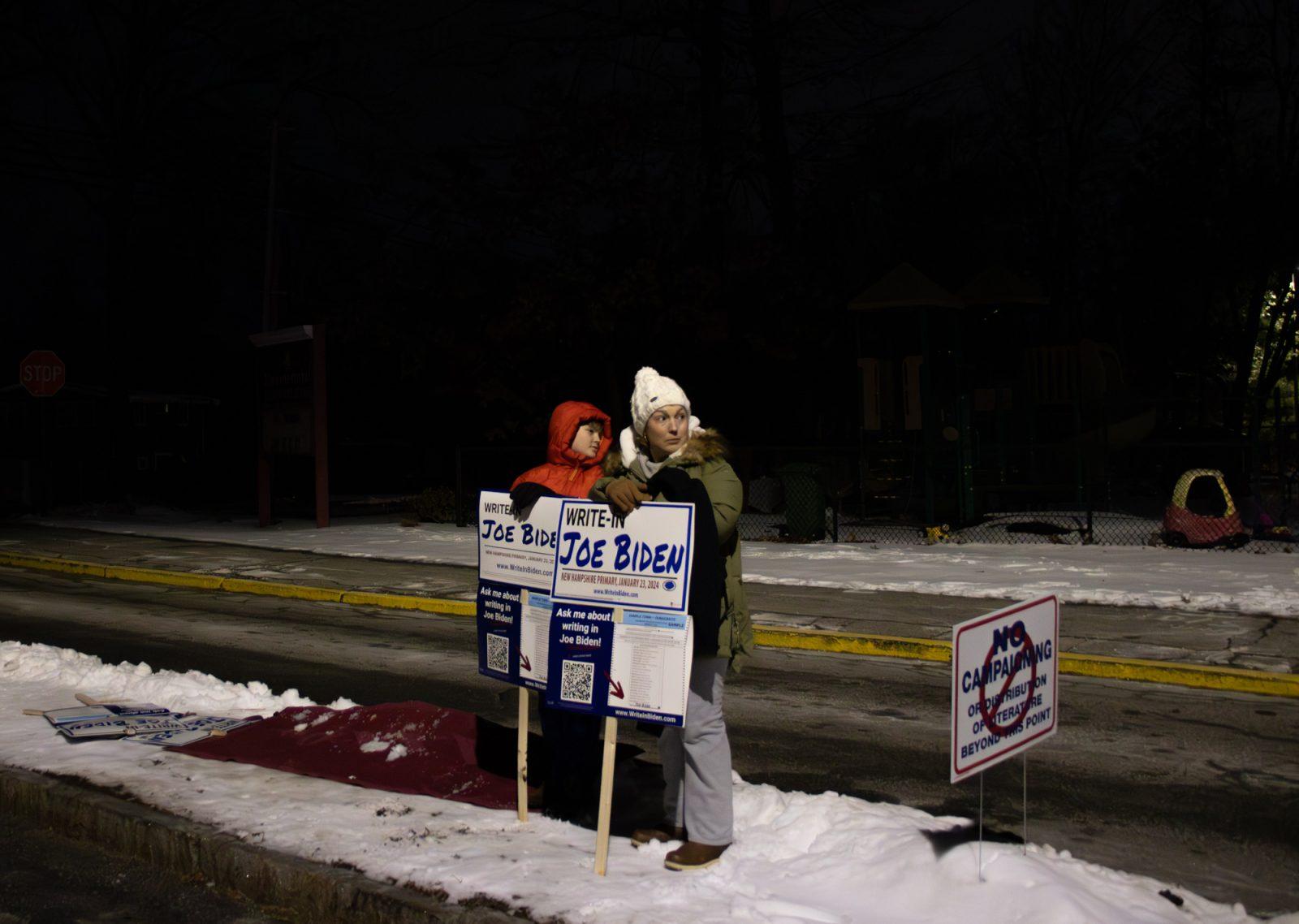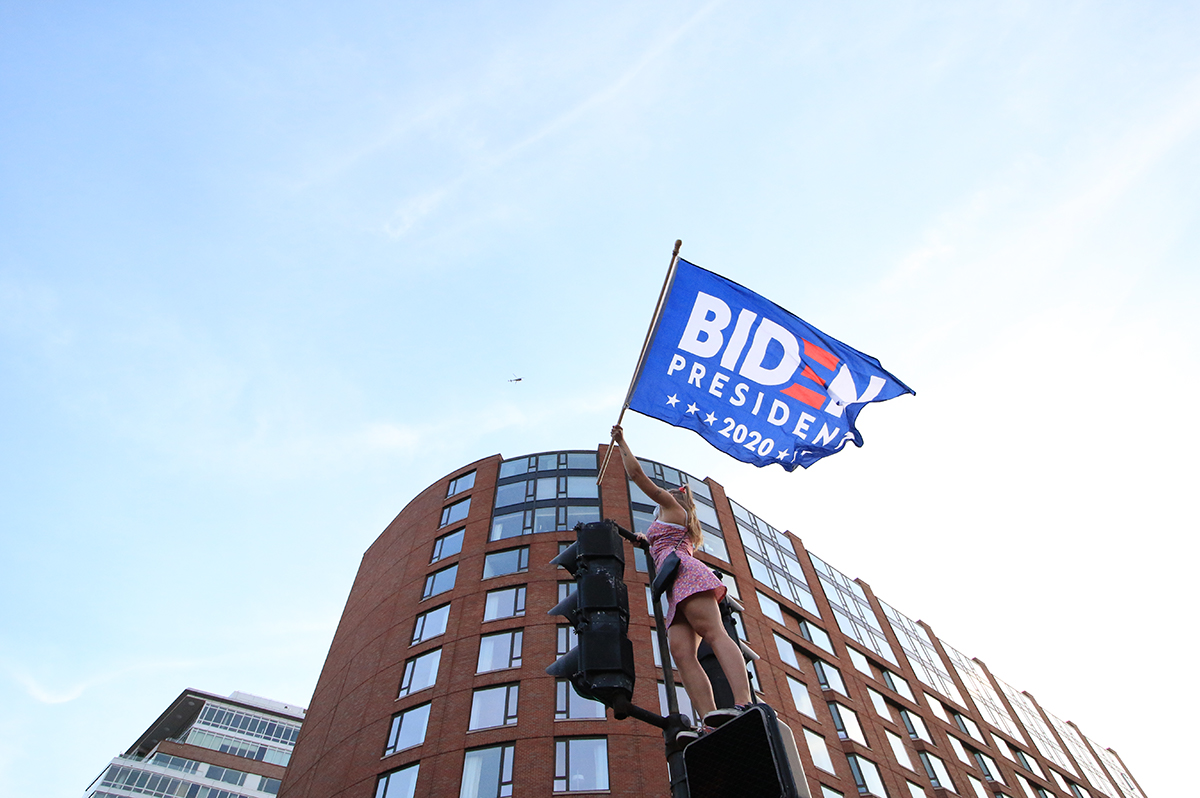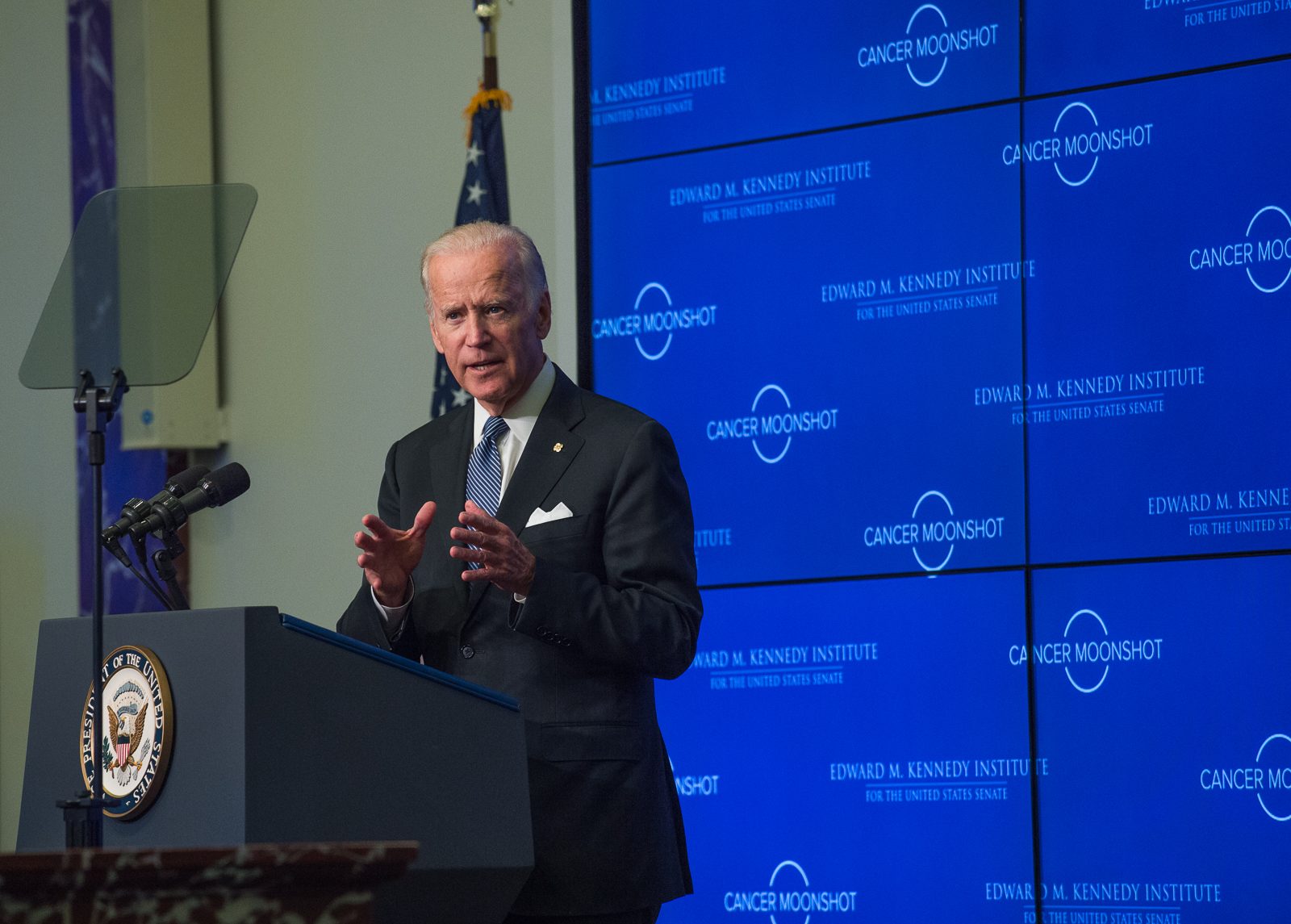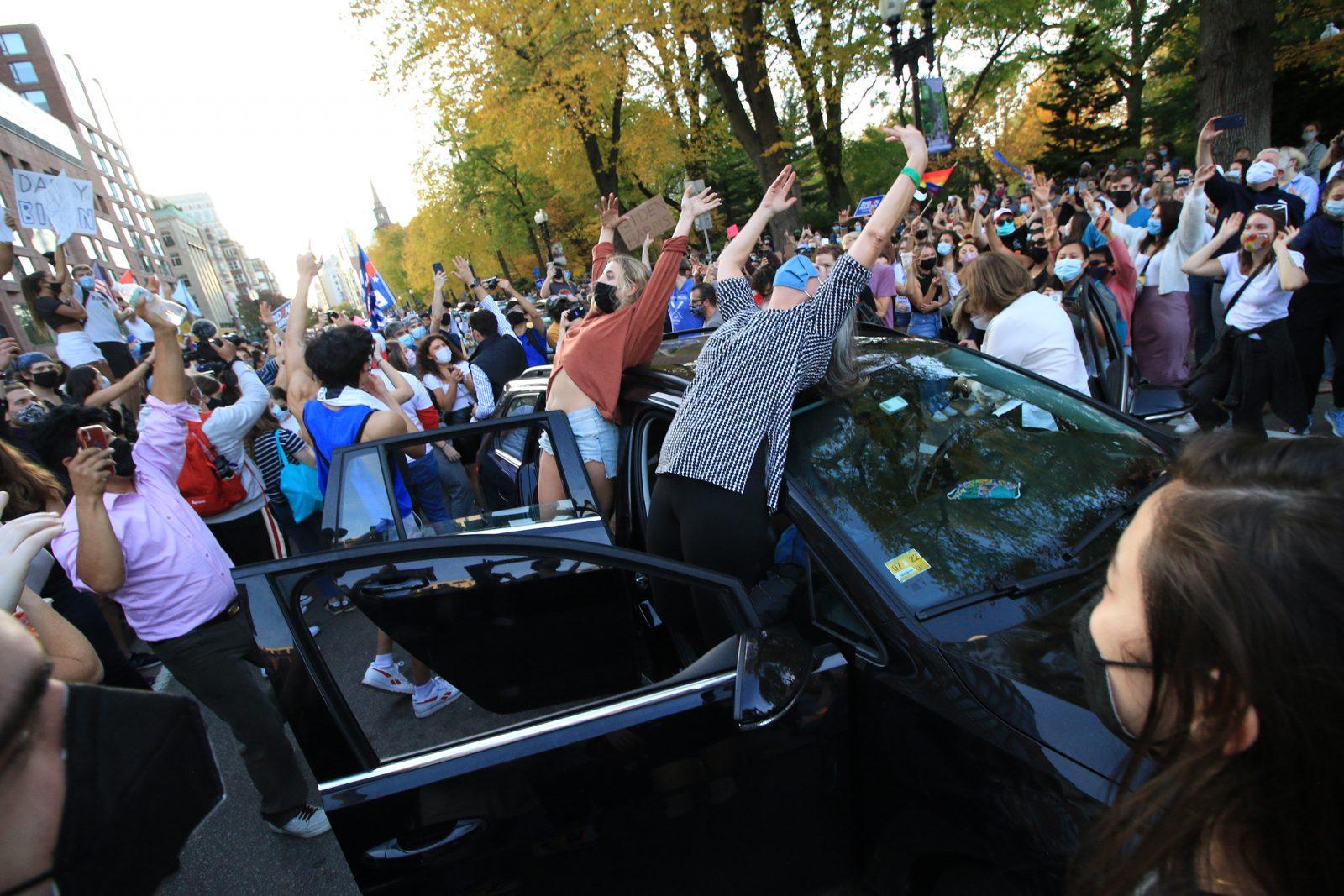
A judge extended Occupy Boston protesters’ restraining order against the city of Boston until Dec. 15, giving the court time to determine whether or not the city will be given permission to evict protesters from their encampment in Dewey Square.
In a hearing that lasted nearly four hours on Tuesday, Judge Frances McIntyre of Suffolk County Superior Court heard opposing testimony from a representative of Occupy Boston and the Boston Fire Marshal.
Mayor Thomas Menino’s administration filed a 200-page complaint against Occupy Boston, seeking to retain the right to evict the protesters at any point.
The complaint raised concerns that the camp may pose health and safety issues, including fire hazards, health code violations and criminal activity.
Fire Marshal Bart Shea testified that the encampment is a “chaotic scene” and said the scene is full of fire hazards that could endanger both protesters and passersby.
Protesters countered this by saying that they had complied with all of the orders of the city government and that many of the problems raised in the complaint had not been taken directly to the protesters.
Kristopher Eric Martin, the Occupy Boston protester who testified, said the continuation of the movement’s occupation of Dewey Square was necessary to get across their message. He said the city of Boston was outside of their rights by trying to bar them from continuing their occupation.
“No one has the authority to control what individuals do outside of the democratic voting process,” Martin said.
Jennie Seidewand, a 24-year-old protester and one of the plaintiffs who filed the original suit against the city, said in an interview outside the courtroom that the complaint the city filed contained many concerns that she had never heard expressed prior to its filing.
“If they bring us concerns, we will try to address them,” Seidewand said. “We want to work with them. I’m hoping for the best.”
Outside of the courtroom, a crowd of Occupy protesters who had not been allowed into the courtroom due to space constraints expressed frustrations with not being allowed to sit in on a hearing for a cause they have dedicated themselves to.
Joan Schwartz, 65, of Brookline, said she visits the Dewey Square campsite several times a week and frequently marches with Occupy Boston.
“I think it’s a smokescreen,” Schwartz said of the city’s complaint against protesters. “Occupy threatens the status quo, and the Mayor is subject to pressure from all kinds of corporations that want to get rid of us, just like in other cities.”
“Any thinking person can clearly see that the issues we’re bringing up are right,” Schwartz added. “Menino is a guy of the people. Surely he understands that. But I’m also sure he’s received enormous pressure from corporations.”
Grove Harris, of Cambridge, said she visits Dewey Square a few times a week and has also marched with the Occupy Wall Street movement in New York City.
She said attending the hearing, even though she was unable to get into the courtroom, was an important way of supporting the movement.
“Occupy is creating an opening for a major conversation,” Harris said. “We’re at a very critical moment in history with this opportunity being created, and we’re all responsible for showing up to support it.”
After the trial, Boston Police Department officers and Occupy protesters clashed Thursday night when police confiscated a donated sink in their vehicle.
BPD spokesman James Kenneally said that the sink was a prohibited item on Dewey Square’s grounds. The city considers sinks signs of permanent inhabitation, which is prohibited in Dewey Sqaure.
“Essentially members of the Occupy Boston site wanted to wield an industrial-sized sink onto the location,” Kenneally said. “Nothing permanent would be allowed inside the site, and the sink fell under that category. “
Kenneally said that police arrested one person, who was charged with disturbing the peace, assault and battery on a police officer and resisting arrest.
Demonstrators blocked the police vehicle but eventually dispersed.
A group of protesters were gathering for their General Assembly when one man donated a sink, which the police quickly took, said a protester who asked to be called “Mighty Mike.”
“We surrounded the sink, surrounded the officers and asked a simple question – ‘What law prevents us from having a sink in here?’ And they refused to answer us,” Mike said.
He said that some Occupants continued to insist on an answer from police.
“So half of us sat down, the other half locked arms and we kept asking,” Mike said. “We put pressure on them. They put more pressure on us and they threw the sink into the paddy wagon.”
The protesters currently use large containers to wash their dishes at the dishwashing station, but have received complaints from the city about being more sanitary, Occupiers said.
“[The sink] was to help us keep things sanitary, which is one thing they were complaining about,” said occupier Drake Higgins. “They were complaining about sanitary conditions. We had to clean things up, so we get donated a really nice sink and they wouldn’t let us have it.”
Higgins also said that his friend, who sat in front of the vehicle with the sink, was almost run over.
Another incident occurred when a policeman confronted one protester for writing on the sidewalk with chalk. A few shouts erupted among the Occupiers before a police officer told everyone to back away.
Higgins said that if police evict Occupy Boston from Dewey Square, protesters should move to Washington, D.C.
“Every Occupy there is should all go to D.C. I think,” Higgins said. “Go in front of like, Congress and the politicians.”



























































































































